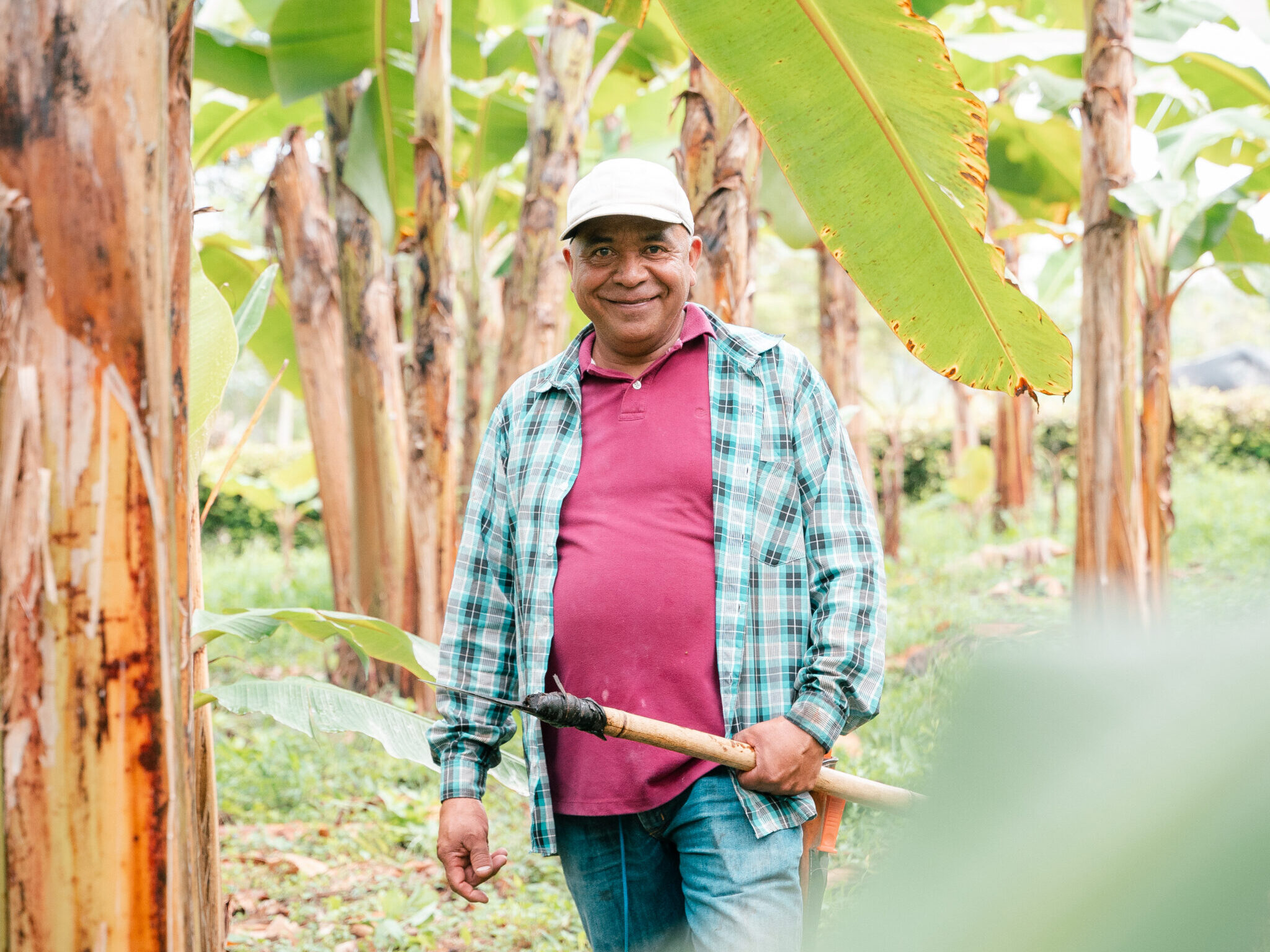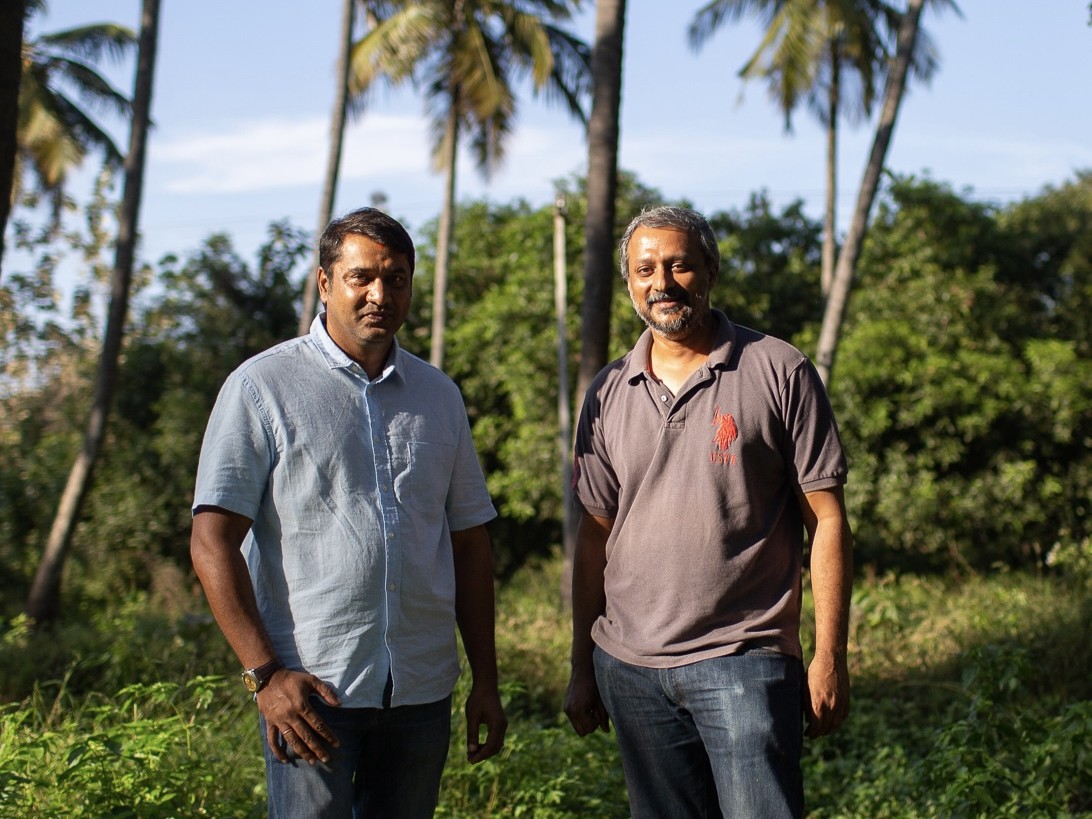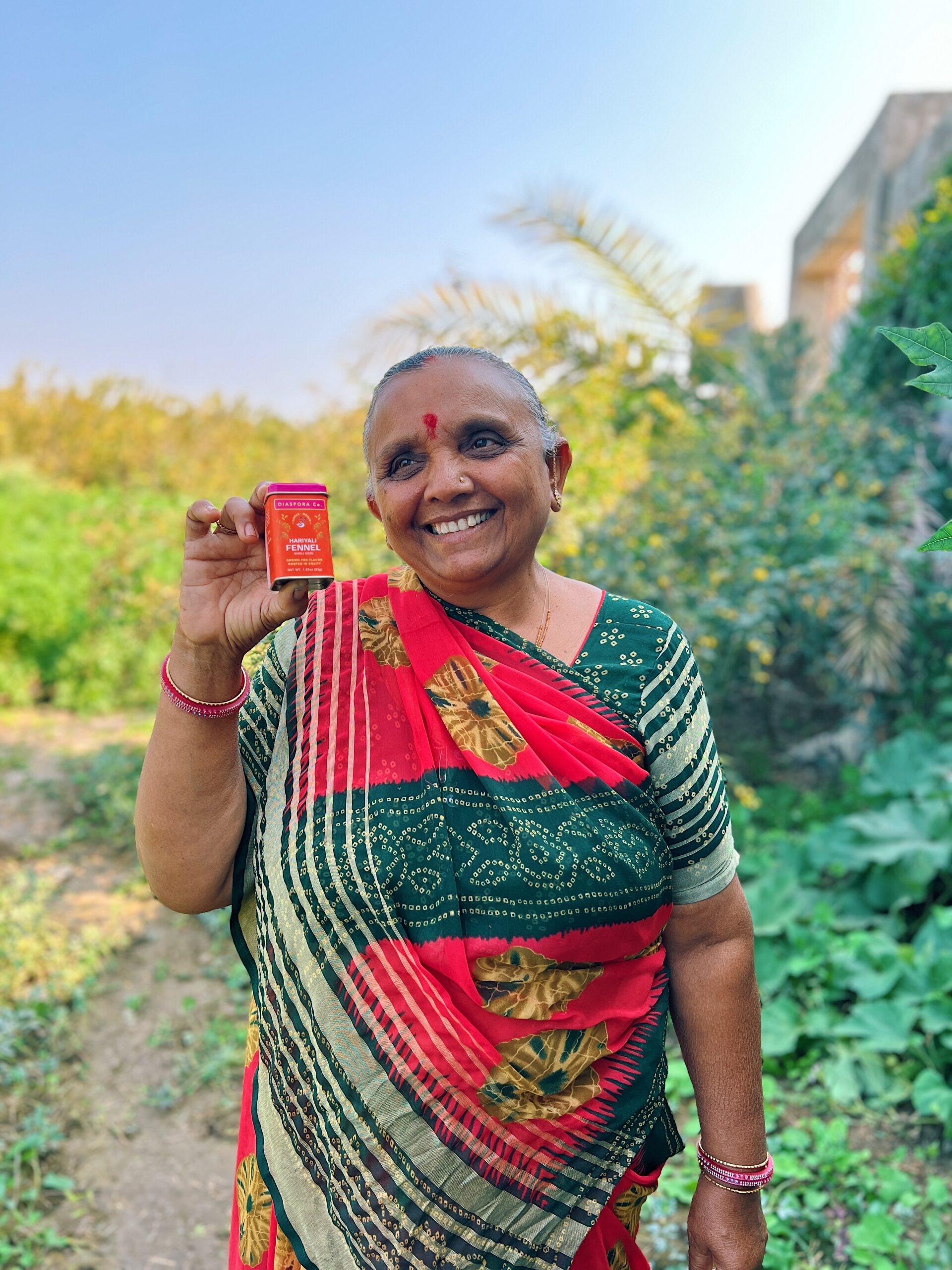The purpose of this essay is to look at the question with a reawakened gaze. Money connects us all in the economy even if it doesn’t include everyone. As I write from a perspective of privilege, a certain veil has fallen away between self-awareness and the reality of how skewed our systems are by that privilege.
So, the question of money, understanding its very nature, why it has such power in our lives, is also a question of how our economic world is constructed—who benefits from it and who is deprived by it.
What is money? Money is of course an accounting system and a holder of value, an efficient agreement-based materials exchange technology. However, none of these functions in and of itself would give rise to the Biblical adage: the love of money is the root of all evil. Notwithstanding the discomforting juxtaposition of love and evil, there is a gap here between the functional reality of money and the experiences that accrue to it. That gap is filled with and by the human psyche and the human behavior that organizes the economy, political life, and cultural life. So, while money fulfills its transactional purposes, it also bears the complexity of human needs and projections, power, and scarcity and abundance. Rarely, except for fleeting moments, does it actually support and reflect sufficiency. Sustained sufficiency would represent a breakthrough in which every human being’s material needs could be recognized and met through an economy that actually works for all.
What is money? Money embodies our interconnection, because the money and the value that it holds arise from the production, distribution and consumption of goods and services—the essence of economic life. Of course, the drive for efficiency and profitability was made possible by the division of labor. The value generated by this efficiency is actually produced, not by one individual, but rather by the entire producer-distributor-consumer community. That is, the money itself is a measure of community-held value; further, it stands in for all the individual labor and for all members of the economic community. If one takes a global view and adds the continuous circulation of that money, one could say that any “piece” of money is a bearer of all human economic work. Contemplating that thought might provide insight into the truth of how distorted our current economic system is, and how we are conditioned to think in a self-interested way about it. Ours is a system in which accumulation and ownership are tools of power.
What is money? Money and capital are not the same though they are often thought of and treated that way. Capital in its origin comes out of the realm of spirit in the form of vision, ideas, intelligence and the capacity to make practical those ideas to meet economic or material needs. Some aspects of capital, for example when an idea comes into production as a commodity, are then valued in money. But we often mistake the representation (money) for the originating impulse itself (capital). Mistaking one for the other has created a tragedy of economic errors and confusion between income and wealth. Racial disparities in wealth and health, for example, are the result of years of inequitable power and privilege, extractive economic practices, and the disease of overaccumulation. How money gets created from a governmental and systemic view, and then how we experience it and find a relationship to it lie within the heart of social challenges. Capital has become objectified and reified as money in modern capitalism. And based on observation of the current state of affairs, I propose the following: Who creates and defines the currency holds the economic power over all whom the currency is meant to serve. Who accumulates the currency also accumulates political power. Who understands and can practice the gift nature of currency also circulates the meaning and purpose of culture. And finally, where there is little to no circulation of gift, culture is held hostage to economic and political power. There is much to unpack in this sequence of statements, each of which has its own set of underlying assumptions. But seen as a whole, they constitute the beginning of an analysis that provides a framework for remedy and regeneration.
What is money? An unnatural expression of human nature? Nature has arranged herself to operate efficiently and effectively in her exchanges, circulation, transformations, dying and renewal processes. Somehow our modern, Western white-dominant world view of who we are has cast human nature and Nature as separate and unequal. The resultant narrative, flawed and violence-filled to begin with, was Man’s conquest of Nature. But this narrative is terribly disconnected from the true, ignored, and painful human and ecological reality—particularly in the US. It seems that our economy, based in natural resources, labor, and capital, suffers the same convenient disconnect.
We have created and evolved money as a sophisticated exchange and accounting system. But, we have essentially failed to incorporate in its design and use what it means to be human as a reflection of the natural processes of circulation, dying, regeneration, and service to each other and the social ecosystem. To do so would mean that we need to shift from thinking of money as an object or thing to understanding that its essential function, like human blood, is in circulation. The logic here would lead to the following: Money dies when it is not in circulation.
As economic citizens in a modern Western culture, there is no escaping the reality of money, even if we could actually try to escape our need for it. As we have become more individualized and separated from our natural communities, money is more and more a key to economic participation. Money has become one signifier of privilege, but not of the value of life. The connection between identity, self-worth, and social value has been carefully steeped, even simmered, by commercial-capitalist interests over an extended period of time, all in the name of material advancement.
What of the love of money? Objectification of human life in the service of capital and wealth is painfully evident in the economics of slavery. That drive for extracted profit based on the intentional disregard for the humanity of those that produced it is a form of evil. A lesser but insidious form of that objectification is still active today in the fact that we commodify labor by putting a price on it. As a commodity, the capitalist system wants more of it and to pay increasingly less for it. The term wage slavery is not an accident. How exactly does one set a pay rate for a human being and their capacity to work if the goal of such compensation is human dignity, continuing human development, and meaningful contribution to community? It is not possible to answer this question as it is asked. Not really. Our entire current system of compensation is based on the commodification of human capacity.
What is money? Now money is nothing but an electronic synapse and its records, the proof of its accounting function. But the intense concentration of human touch, labor, and transformation of natural resources, sometimes commemorated in the design of a coin or bill, has been sacrificed for the sake of reducing the “friction” of transactions. There is nothing tangible or visible in the chip card. The worst that can happen to the card is that it become desensitized and cease to work. But the reality is that when the card is functioning, we are the ones desensitized. Transactions are removed from real exchange and human contact. There was a time when transactions were embedded in a field of relationships; those have been replaced by a field of convenience. This weightlessness makes the wonder and allure of internet commerce possible. But what of those who are unbankable and therefore have no card, or who of necessity operate on cash? In the pandemic, some merchants have decided to take no cash. To some degree this is understandable, but what message does this give to the cardless?
What is money? It is a measure of economic activity, of capital as it comes into relationship with work and natural resources. It is a brilliant technology which when accounted for can make visible the human activity that creates the economy. It can oppress and lift up in accordance with the inner condition of the users and the nature of agreements that guide its movement. When we lean further and further into using money to make money, we dehumanize and commodify it.
As a creation of human nature, it is nothing more than a mirror of who we are.
What it does not make accessible however is the circulation and value of gift in the form of love, caring, learning, volunteering—that which we do out of our hearts recognizing others’ needs. What if money were more aligned with this process as it often is in philanthropic deeds? What if the new adage were: The love of human beings is the root of all economics? What would money be then?
John Bloom
© 2020
Note: This essay was in part inspired by a published transcript titled What is Money? A Discussion led by the artist Joseph Beuys in 2010 following the 2008 economic collapse. That conversation, among bankers and economists, was convened by the artist to prompt a deeper inquiry. The context was primarily European.


